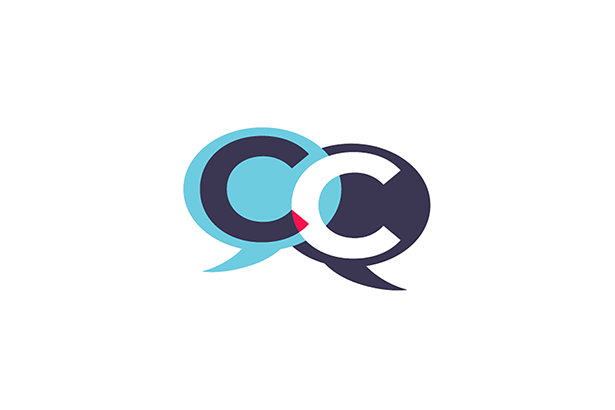By Lucy
For those who know me, you’d know this is a topic I’m particularly passionate about. So much change happened during the pandemic and most of it without using traditional project and change management methodology. Whilst it was a unique context, it’s a great opportunity to reflect on why this is, and where we might want to rethink our approach to change going forward.
This is a conversation I’m having repeatedly with customers and recently, as part of my masters research project. I've had the privilege of interviewing Council Chief Executives from across the country, gaining invaluable insights into how they are approaching change in the post-COVID era.
The answer is: there’s not fixed answer! What I’m hearing is people are thinking much more critically and flexibly about their approach to change. We’re seeing a reduction in fixed methodology and an increase in applying different ways of leading change to different projects.
So how can you make sense of this? As much as I’d love to provide you with a prescriptive model, I think we are at risk of over-simplifying the process by doing this. So instead I invite you to consider three tensions which you need to navigate. Remember, there are no right or wrong answers, this is about apply the right approach to the change you’re leading right now.
Directive vs. Co-Produced Change: When considering your specific change initiative, should it be highly directive or collaboratively co-produced by those involved? Perhaps a combination of both? This is your first key question.
Governance vs. Pace: Next, think about the level of governance your change needs. Should it undergo a rigorous process of oversight, or should you prioritize speed, even if it means sacrificing some governance? Where do you fall on this spectrum?
Planned vs. Evolutionary: Lastly, reflect on the extent to which your change needs to be meticulously planned and thought out in advance. Or do you need to enable it to evolve organically, without the need to plan every step? How do you envision this balance?
The answers to these questions will vary for different individuals, leaders, and organizations. Even within the same organization, different change initiatives will require different approaches. What I've discovered through my research is that leaders are now purposefully reflecting on these issues, moving away from the rigid mindset of "This is how we do change," and recognising the need for adaptability.
I encourage you to contemplate these three aspects and would love for you to share your thoughts with me. Have I missed anything important? What else should we consider in the realm of change management?
If you're interested in learning more or contributing to the conversation then do reach out! This is an important issue for organisations to get right, and as the saying goes, the only thing that’s constant is change, so let’s do it well!
Book a call with us if you wish to understand more about how we can help you to take action.
